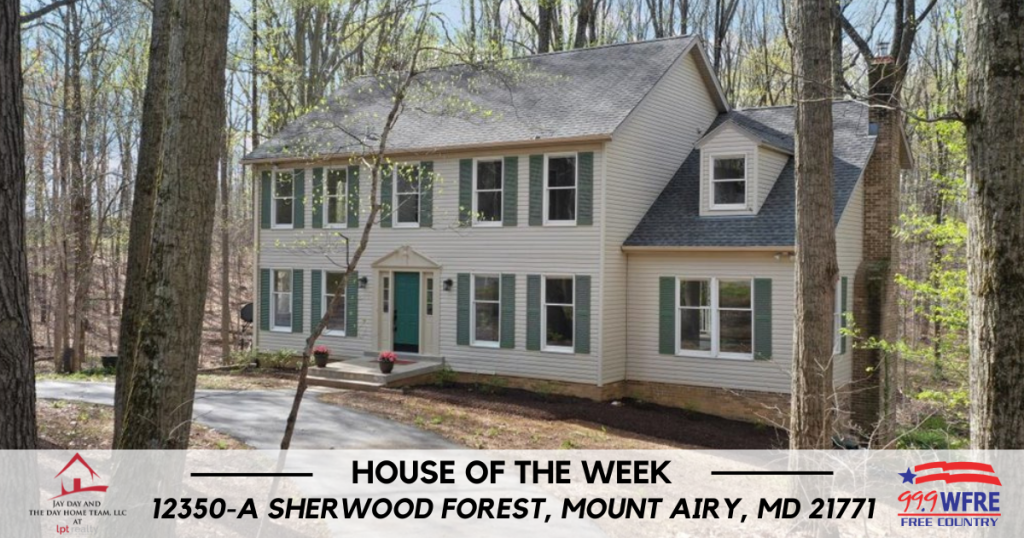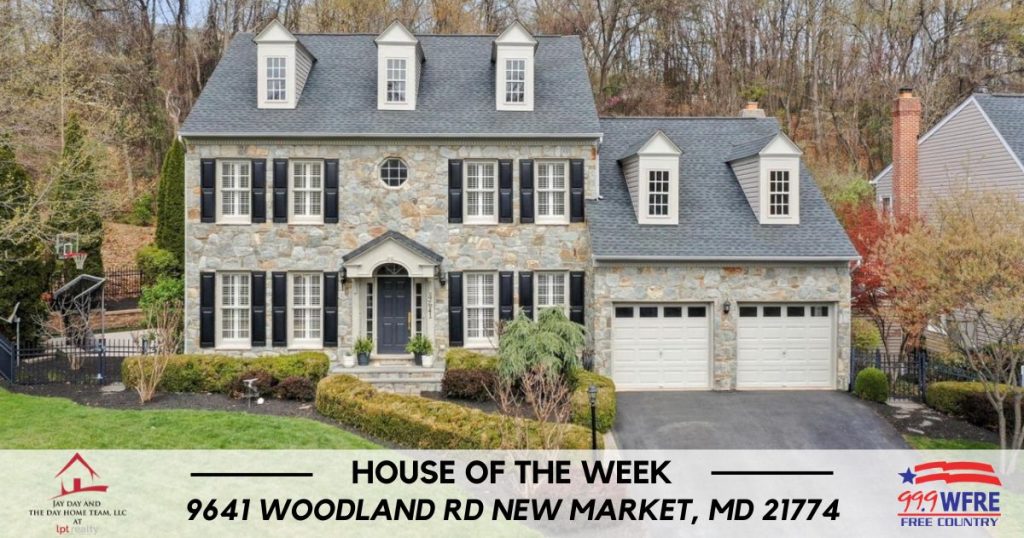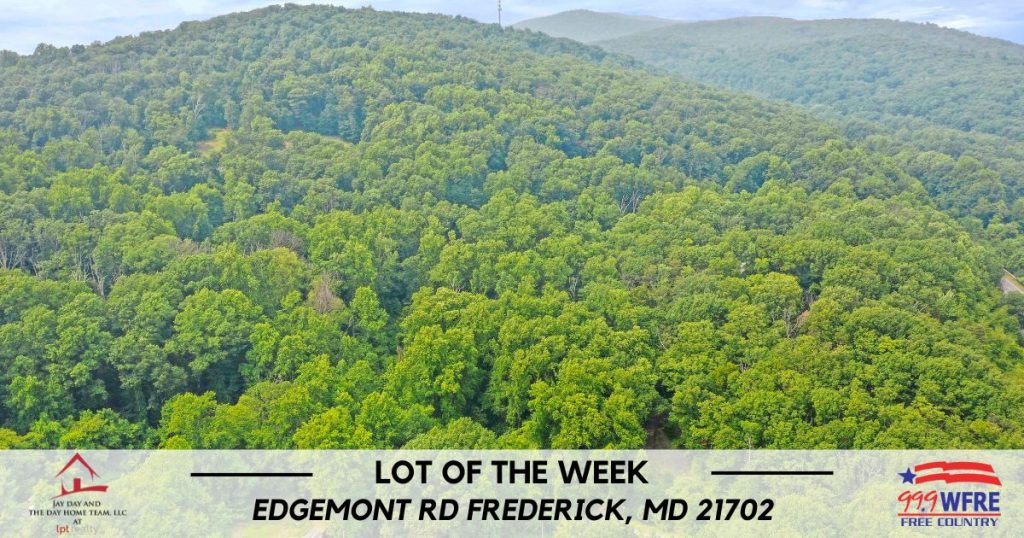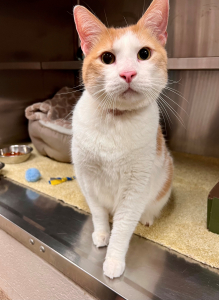House of the Week – 5/2/25


 Just Listed! 12350A Sherwood Forest, Mount Airy, MD
Just Listed! 12350A Sherwood Forest, Mount Airy, MD
 $750,000
$750,000
Welcome to this charming Colonial-style home on 2.55 peaceful acres backing to trees — the perfect blend of comfort, space & nature! 
 4 Bedrooms |
4 Bedrooms |  2.5 Baths |
2.5 Baths |  2,932 sq ft
2,932 sq ft Cozy family room with wood stove
Cozy family room with wood stove Updated kitchen with pantry & upgraded counters
Updated kitchen with pantry & upgraded counters Wood floors, crown molding, new carpet & fresh paint
Wood floors, crown molding, new carpet & fresh paint Upstairs laundry for added convenience
Upstairs laundry for added convenience New deck (2024), roof (2019), water heater (2021), HVAC (2016)
New deck (2024), roof (2019), water heater (2021), HVAC (2016) Attached garage + partially finished basement
Attached garage + partially finished basement
Enjoy your morning coffee on the brand-new composite deck surrounded by woods  — just minutes to town, but worlds away from the hustle.
— just minutes to town, but worlds away from the hustle.
Kelly Mosher
Lana The Auto Spas & Expresses Pet Of The Week
House of the Week – 4/25/25


 Just Listed! 9641 Woodland Rd, New Market, MD
Just Listed! 9641 Woodland Rd, New Market, MD
 $899,000
$899,000 Lake Linganore
Lake Linganore Open House:
Open House:
- Thursday, April 24 | 5–7 PM
- Saturday, April 26 | 2–4 PM
- Sunday, April 27 | 12–3 PM
Fall in love with this stunning 4 bed, 4.5 bath Craftmark home tucked away on a quiet cul-de-sac with over 3,000+ sq ft of luxury living!
 Highlights:
Highlights:
 Chef’s kitchen w/ 2 islands, double sinks & dishwashers, marble + granite
Chef’s kitchen w/ 2 islands, double sinks & dishwashers, marble + granite Spa-like primary suite w/ clawfoot tub, triple shower, RH finishes & custom closet
Spa-like primary suite w/ clawfoot tub, triple shower, RH finishes & custom closet Gorgeous oak floors, crown molding & stone accents
Gorgeous oak floors, crown molding & stone accents 1,000 sq ft stone patio, mature landscaping, fire pit & basketball hoop
1,000 sq ft stone patio, mature landscaping, fire pit & basketball hoop Upper-level laundry, finished basement, loft-level in-law suite
Upper-level laundry, finished basement, loft-level in-law suite New HVAC, newer roof, tankless water heater
New HVAC, newer roof, tankless water heater
Enjoy all the perks of Lake Linganore living — beaches, pools, trails, events & more just steps from your door. This one has it ALL! 
Sawyer The Auto Spas & Expresses Pet Of The Week
Lot of the Week – 4/18/25

 Property of the Week!
Property of the Week! Edgemont Rd, Frederick, MD
Edgemont Rd, Frederick, MD $250,000
$250,000
 Build your dream home on this 7.32-acre parcel perfectly located between Frederick & Middletown!
Build your dream home on this 7.32-acre parcel perfectly located between Frederick & Middletown!
 Features:
Features:
 Well already drilled
Well already drilled Previous perc approved for 4-bedroom home
Previous perc approved for 4-bedroom home No city taxes
No city taxes Choose your own builder
Choose your own builder Buy now, build later!
Buy now, build later!
Don’t miss this rare opportunity for peaceful living just minutes from everything! 




